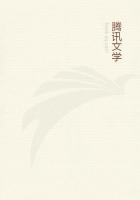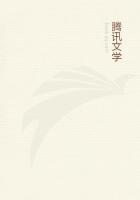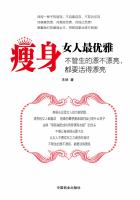This leads us to inquire why it is that, in metaphysics, the sure path of science has not hitherto been found.Shall we suppose that it is impossible to discover it? Why then should nature have visited our reason with restless aspirations after it, as if it were one of our weightiest concerns? Nay, more, how little cause should we have to place confidence in our reason, if it abandons us in a matter about which, most of all, we desire to know the truth- and not only so, but even allures us to the pursuit of vain phantoms, only to betray us in the end? Or, if the path has only hitherto been missed, what indications do we possess to guide us in a renewed investigation, and to enable us to hope for greater success than has fallen to the lot of our predecessors?
It appears to me that the examples of mathematics and natural philosophy, which, as we have seen, were brought into their present condition by a sudden revolution, are sufficiently remarkable to fix our attention on the essential circumstances of the change which has proved so advantageous to them, and to induce us to make the experiment of imitating them, so far as the analogy which, as rational sciences, they bear to metaphysics may permit.It has hitherto been assumed that our cognition must conform to the objects; but all attempts to ascertain anything about these objects a priori, by means of conceptions, and thus to extend the range of our knowledge, have been rendered abortive by this assumption.Let us then make the experiment whether we may not be more successful in metaphysics, if we assume that the objects must conform to our cognition.This appears, at all events, to accord better with the possibility of our gaining the end we have in view, that is to say, of arriving at the cognition of objects a priori, of determining something with respect to these objects, before they are given to us.We here propose to do just what Copernicus did in attempting to explain the celestial movements.When he found that he could make no progress by assuming that all the heavenly bodies revolved round the spectator, he reversed the process, and tried the experiment of assuming that the spectator revolved, while the stars remained at rest.We may make the same experiment with regard to the intuition of objects.If the intuition must conform to the nature of the objects, I do not see how we can know anything of them a priori.If, on the other hand, the object conforms to the nature of our faculty of intuition, I can then easily conceive the possibility of such an a priori knowledge.Now as I cannot rest in the mere intuitions, but- if they are to become cognitions- must refer them, as representations, to something, as object, and must determine the latter by means of the former, here again there are two courses open to me.Either, first, I may assume that the conceptions, by which I effect this determination, conform to the object- and in this case I am reduced to the same perplexity as before; or secondly, I may assume that the objects, or, which is the same thing, that experience, in which alone as given objects they are cognized, conform to my conceptions- and then I am at no loss how to proceed.For experience itself is a mode of cognition which requires understanding.Before objects, are given to me, that is, a priori, I must presuppose in myself laws of the understanding which are expressed in conceptions a priori.To these conceptions, then, all the objects of experience must necessarily conform.Now there are objects which reason thinks, and that necessarily, but which cannot be given in experience, or, at least, cannot be given so as reason thinks them.The attempt to think these objects will hereafter furnish an excellent test of the new method of thought which we have adopted, and which is based on the principle that we only cognize in things a priori that which we ourselves place in them.**This method, accordingly, which we have borrowed from the natural philosopher, consists in seeking for the elements of pure reason in that which admits of confirmation or refutation by experiment.Now the propositions of pure reason, especially when they transcend the limits of possible experience, do not admit of our making any experiment with their objects, as in natural science.Hence, with regard to those conceptions and principles which we assume a priori, our only course ill be to view them from two different sides.We must regard one and the same conception, on the one hand, in relation to experience as an object of the senses and of the understanding, on the other hand, in relation to reason, isolated and transcending the limits of experience, as an object of mere thought.Now if we find that, when we regard things from this double point of view, the result is in harmony with the principle of pure reason, but that, when we regard them from a single point of view, reason is involved in self-contradiction, then the experiment will establish the correctness of this distinction.
This attempt succeeds as well as we could desire, and promises to metaphysics, in its first part- that is, where it is occupied with conceptions a priori, of which the corresponding objects may be given in experience- the certain course of science.For by this new method we are enabled perfectly to explain the possibility of a priori cognition, and, what is more, to demonstrate satisfactorily the laws which lie a priori at the foundation of nature, as the sum of the objects of experience- neither of which was possible according to the procedure hitherto followed.But from this deduction of the faculty of a priori cognition in the first part of metaphysics, we derive a surprising result, and one which, to all appearance, militates against the great end of metaphysics, as treated in the second part.For we come to the conclusion that our faculty of cognition is unable to transcend the limits of possible experience;and yet this is precisely the most essential object of this science.

